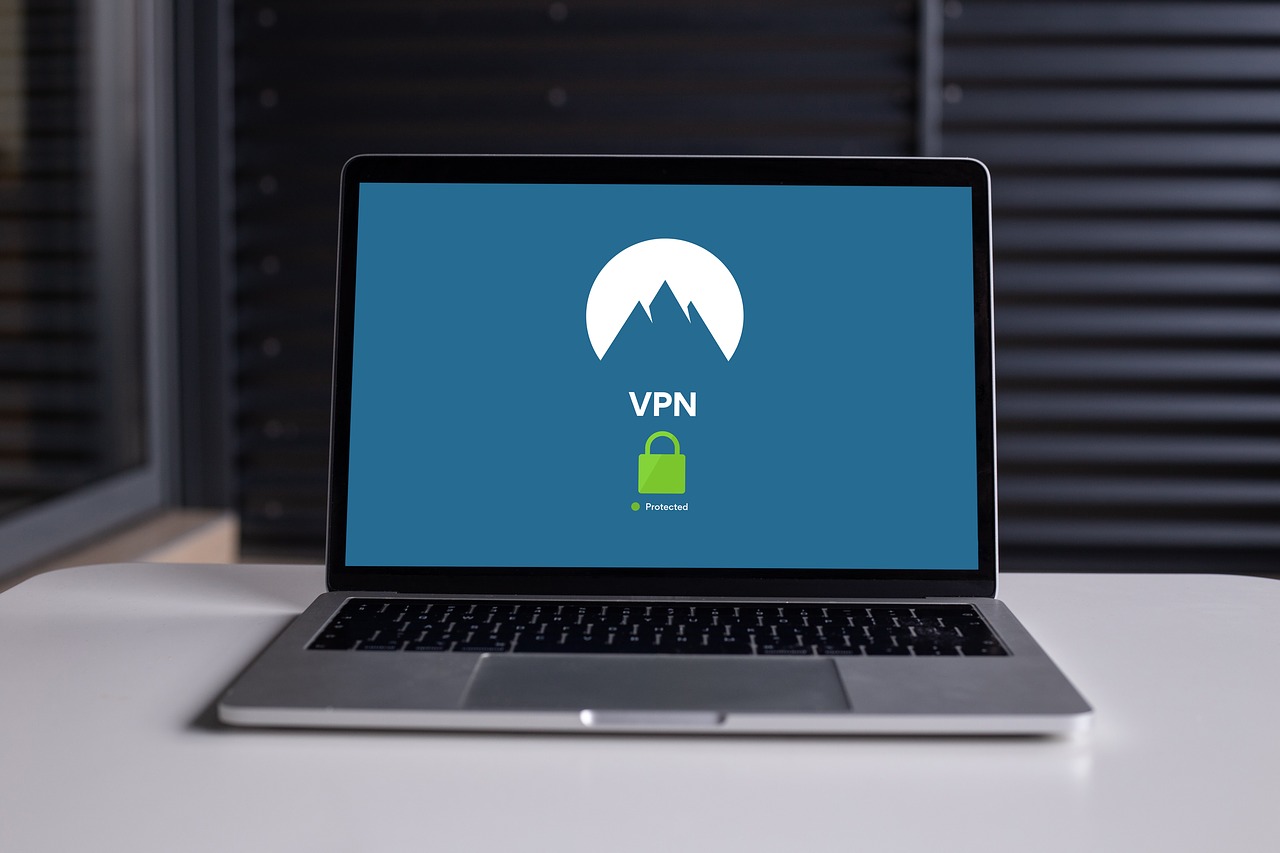Hacking 101: A Beginner’s Guide on How to Become a Hacker
If you want to learn hacking but have no idea where to start, then you’ve come to the right place. In this guide, you will discover how to become a hacker. But first, let’s talk about what hacking is, the different types of hackers, and whether hacking is illegal or not.
What is Hacking?
Hacking refers to identifying vulnerabilities and weaknesses in a system and gaining access to it without authorization. A hacker is a person that targets a system and gets unauthorized access to it. However, there are ethical hackers who have permission to lawfully and legitimately gain access to a system.
Before we delve deeper into hacking 101, it’s important to state that not all hackers are bad. In mainstream media, hackers are generalized as cybercriminals. However, that isn’t always the case.
Hackers are categorized depending on the type of metaphorical “hat” they wear – ‘white hat’, ‘grey hat’ or ‘black hat’. That said, there are 10 types of hackers but for the sake of this article, we shall only take a look at five.
- White hat hacker – also known as an ethical hacker is a hacker who gains access to protected networks and systems to test and assess their security. They expose vulnerabilities and improve security before malicious hackers can gain access and exploit them
- Black hat hacker – a classical hacker that gains unauthorized access to a system or network and exploits them for malicious or financial gain
- Grey hat hacker – a hacker who gains unauthorized access to a secure system or network but reveals the weaknesses to the said company
- Hacktivist – a hacktivist is a type of computer hacker that breaks into a system and creates messages geared towards certain social issues
- Script kiddie – a script kiddie is a hacker who is a newbie in the hacking field. He or she doesn’t usually cause any major damage because they don’t have the experience to
Is Hacking Illegal?

“Is hacking illegal?” is a common question on the internet. The answer is yes and no. It depends on the intentions of the hacker.
Hacking isn’t illegal until someone hacks into a system or network and causes malice. Illegal hacking, therefore, refers to a hacker gaining access to a system with no authorization with the intention of causing damage. Still, even if an individual hacks into a system and doesn’t cause any harm, it’s still illegal as long as no permission was given.
Legal hacking has been narrowly defined leaving it to the hacker to become conversant with both local and national laws relating to hacking. It can be loosely defined as hacking into a computer system with written permission. Legal hacking, also known as white hat hacking, is largely used by organizations that want to ensure their computer systems are safe. To do this, they hire white hat hackers to find vulnerabilities.
How to Become a Hacker
Now that we have discussed what hacking is, the different types of hackers, and whether or not hacking is illegal, let’s talk about how to become a hacker.

Start With the Basics
As a beginner with little or no knowledge, one of the best ways that you can start learning is by beginning with the basics of hacking. Instead of immediately learning how to hack, you can start by exploring topics like computer networks, firewalls, network ports, network protocols such as IP addresses, FTP, SMTP, DNS, HTTP, etc. You can also start learning about other operating systems such as Linux whose knowledge is very important in the hacking field. The more you keep learning about hacking basics, the easier it becomes to find system weaknesses.
Once you’ve mastered the basic understanding of the primary concepts, you will find it easier to grasp different hacking techniques. In addition, as you continue to gain experience, you can gradually begin to get into higher levels of hacking.
Find a Good Learning Source
A lot of the content that is available in both books and on hacking websites is for experienced hackers. Usually, they contain technical information on the latest system vulnerabilities and how to exploit them.
However, the case is different for beginners. There aren’t enough hacking tutorials or content that teach hacking in a simple manner. The majority of the ones available don’t teach the basics of hacking.
Still, there are a handful of few authors and websites that teach hacking to beginners. If you search the internet long enough, you will find them.
Learn Programming
Learning programming is an optional choice. However, If you are serious about becoming a hacker, then programming is something that you have to learn. Especially, if you have no working knowledge of it.
Of course, there are lots of ready-made programs and tools that you can use to hack with relative ease. However, there’s nothing wrong with having some basic knowledge of programming languages such as HTML, PHP, JavaScript or C++.
These languages will enable you to be in a position to build your own programs and exploit codes. They will also make it easier to handle and interpret any code that you encounter in your hacking career.
Learn Both UNIX and Windows
There are a few operating systems besides Windows and OS. If you want to become a good hacker, it’s important that you learn other operating systems to expand your hacking knowledge. Most web applications and servers run on UNIX. Besides, more companies are switching to UNIX-based operating systems because they are more secure than Windows.
Most experienced and professional hackers use UNIX as their main operating system. While there’s no denying that you can still accomplish many things using Windows, it’s not as complete and secure as UNIX. That simply means that it’s not suitable for hacking or penetrating testing. As a beginner, while it’s important to learn all operating systems, it’s important you invest your time in learning a system that everyone uses.
You should also be willing to constantly and continuously learn new things given how fast technology keeps changing.
Mastering the Art of Hacking

Just like with any sport or habit, you can never be perfect. And neither can you learn it in a day. You need to constantly keep up with the changes in your industry so that you don’t miss out. The same applies to hacking.
It isn’t something that can be learned overnight. And, you should never be in a rush to get going. You have to take baby steps. That means learning and improving your skills each day. You have to put in the work by making time for it.
Learning how to hack fully depends on you and the effort and dedication you put. Also, depending on the type of learner you are, it can take anything between a few months to several years to acquire all the important skills needed. Besides the available tutorials, you can read books, participate in forums such as Quora where you can cross share knowledge with other learners or professionals who have more experience than you do. Find practical examples that give you a step by step guide on how you can hack like a professional.
There are lots of resources available. Find what works for you and stick to it. Every individual can become a hacker as long as they start from the basics. If you want to learn how to be a hacker, you need to find a good source of knowledge, be passionate and be patient with yourself.































